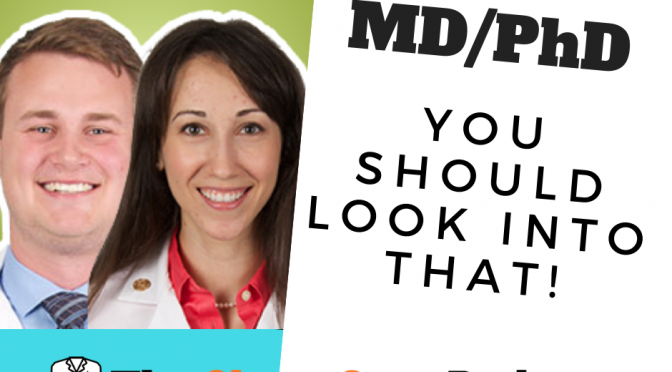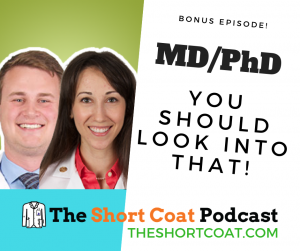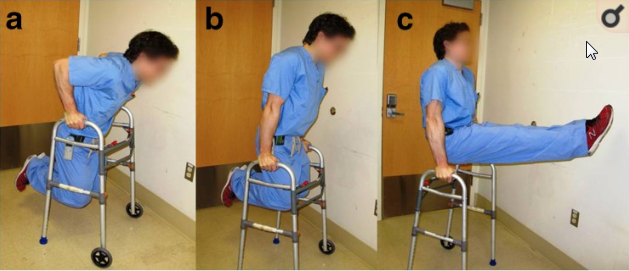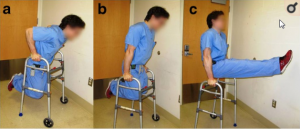Podcast: Play in new window | Download (Duration: 53:48 — 49.3MB)
Subscribe: Spotify | RSS | More
Our new monthly legislation and policy roundup
Project 2025 is the name of a project that hopes to serve as a blueprint for a future conservative administration that would promote natural family planning methods and reduce insurance coverage for certain contraceptives. M1s* Fallon Jung, Taryn O’Brien, and Gizzy Keeler (who are–boop boop boop!–leveling up to M2s), with help from Curriculum Manager Billie Ruden, discuss what that might mean for training MDs, where they’ll be willing to go, and why it’s not just OB/Gyn aspirants paying attention. Meanwhile, congress will consider a bill to make permanent several telehealth changes that were enacted to ease the healthcare crisis during the COVID crisis. KFF.org releases a helpful primer about the US healthcare system everyone should know about, and a scandal at the NIH further jeopardizes trust in science.

We Want to Hear From You: YOUR VOICE MATTERS!
We welcome your feedback, listener questions, and shower thoughts. Do you agree or disagree with something we said today? Did you hear something really helpful? Can we answer a question for you? Are we delivering a podcast you want to keep listening to? Let us know at https://theshortcoat.com/tellus and we’ll put your message in a future episode. Or email theshortcoats@gmail.com.
We want to know more about you: Take the Listener Survey
Continue reading New Women’s Health Restrictions?




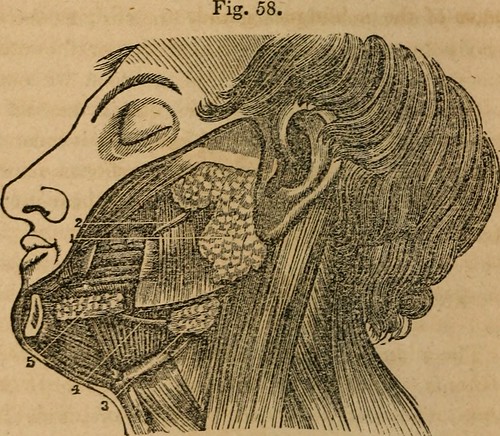
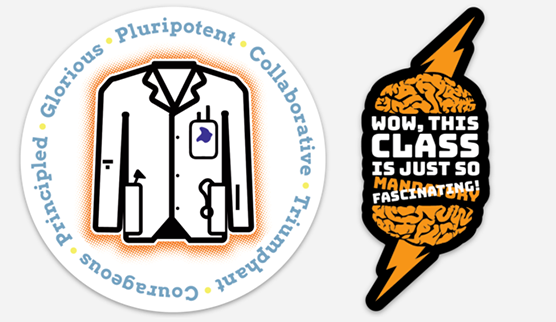

 [Happy Holidays! Dave is on vacation, but here’s a re-run to tide you over. We’ll be back with new episodes starting 1/16]
[Happy Holidays! Dave is on vacation, but here’s a re-run to tide you over. We’ll be back with new episodes starting 1/16] 

